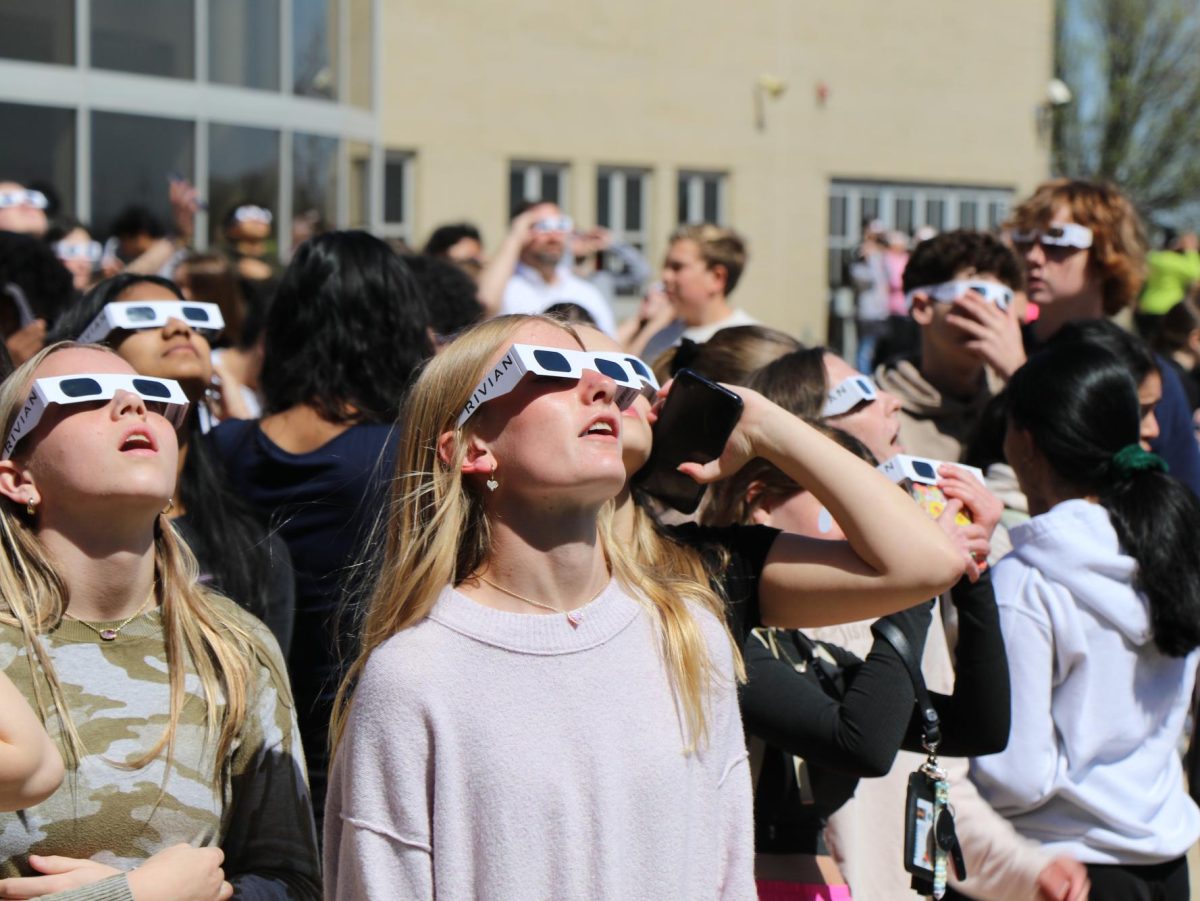A nearly $10,000 donation from Rivian and Halo Solar funded Unit 5’s purchase of solar glasses, allowing the district’s students to view the near-total solar eclipse on April 8 safely.
After 2017’s eclipse left the district “scrambling” to provide students with solar glasses and get permission slips signed, Unit 5’s Director of Communication and Community Relations Dayna Brown said the district wanted “to be ahead of the game” for this year’s Great American Eclipse.
Brown began planning for the eclipse in the fall of 2023, pricing out solar glasses for the entire district.
“It was expensive,” Brown said, estimating the cost at almost $10,000. “That was money I didn’t have in my budget.”
Brown contacted Rivian and Halo Solar, two local companies with interests in solar and renewable energy to so if the companies were willing to support the distict.
The companies’ combined donations totalled around $9,000, allowing Brown to purchase high-quality glasses for Unit 5’s 13,000 students.
With many low-quality glasses available for sale, Brown “wanted to ensure we were providing our students with something that would protect their eyes during this event, purchasing ISO-certified eyewear that conformed to and met safety requirements.
Viewing the eclipse, Brown said, could have caused health concerns if not done appropriately.
“That’s why everyone need[ed] a permission slip,” Brown said. “We wanted parents to opt in.”
The donation allowed students and staff to participate in “a great educational experience” without “having to worry about those procedures and securing glasses.”
“There’s something to be said about,” just witnessing a phenomenom like an eclipse, Brown said.
“When you’re younger, and you see the sky go dark in the middle of the day,” Brown said, “that’s a memorable experience.”
That memorable experience, Brown believes could also be an insparational one for some students.
“Anytime you give students an opportunity to experience something new,” Brown said, “it can pique their interest.”
“Whether you’re in kindergarten or an adult,” Brown said, someone who understand the science behind the eclipse or just taking part in a nationwide event, witnessing the eclipse was “an incredible opportunity” for Unit 5 students.
While the next solar eclipse that can be seen from the contiguous United States will be on Aug. 23, 2044, Bloomington-Normal residents won’t witness it. According to NASA, the next total solar eclipse that will be visible from Illinois won’t occur until Sept. 14, 2099.

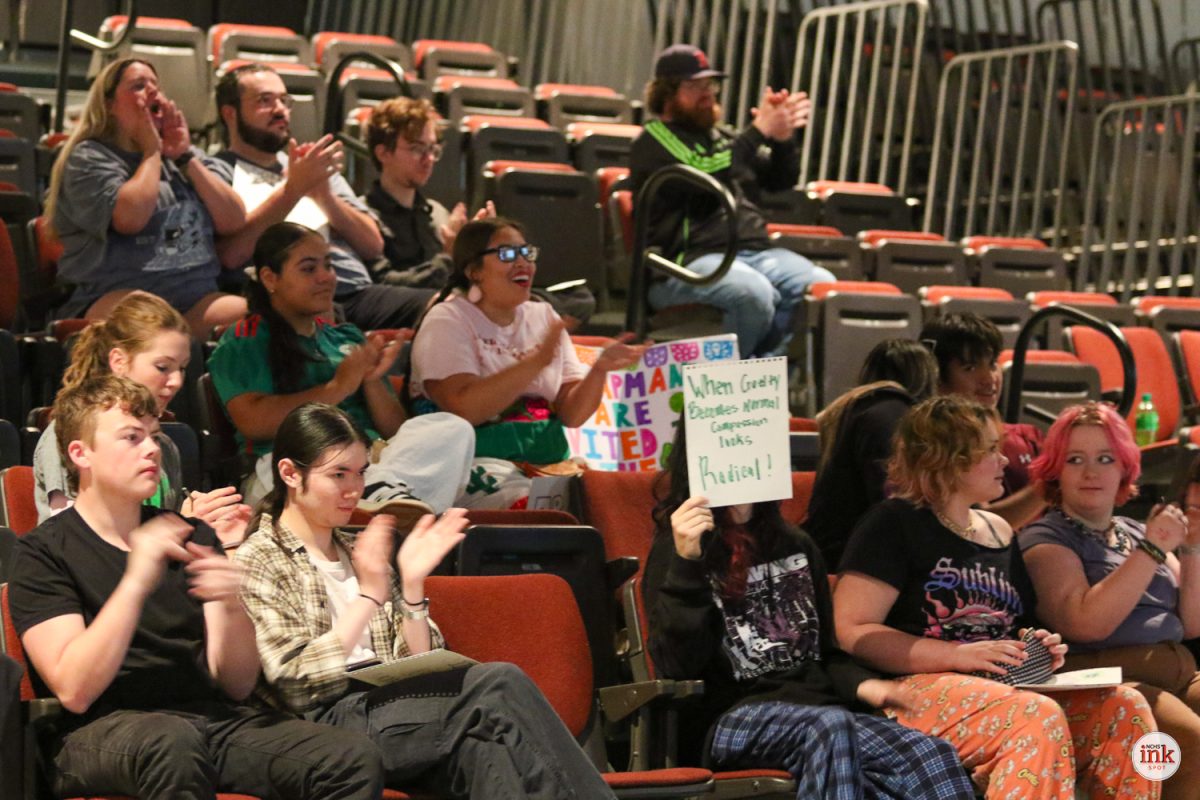

![Community honors longtime coach Mr. Bryan Thomas before Oct. 3 game [photo gallery]](https://nchsinkspot.com/wp-content/uploads/2025/10/Thomas-6-1200x1200.jpg)
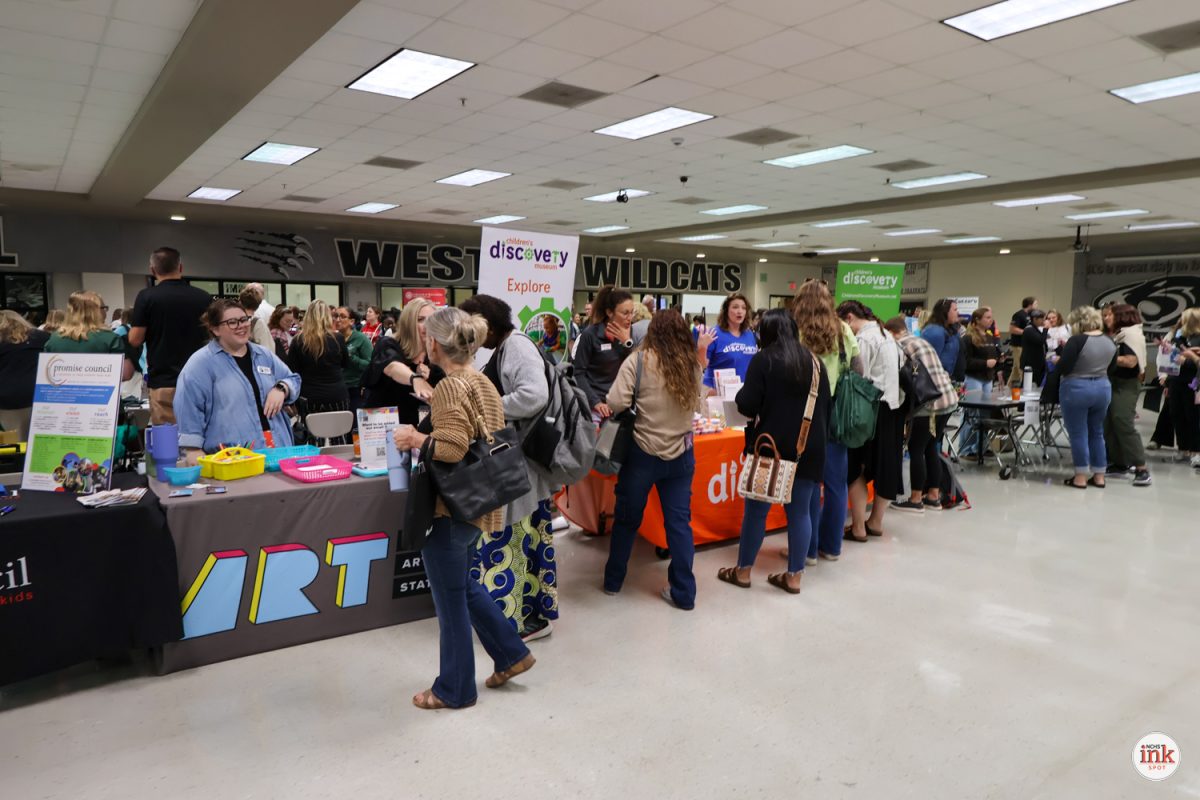

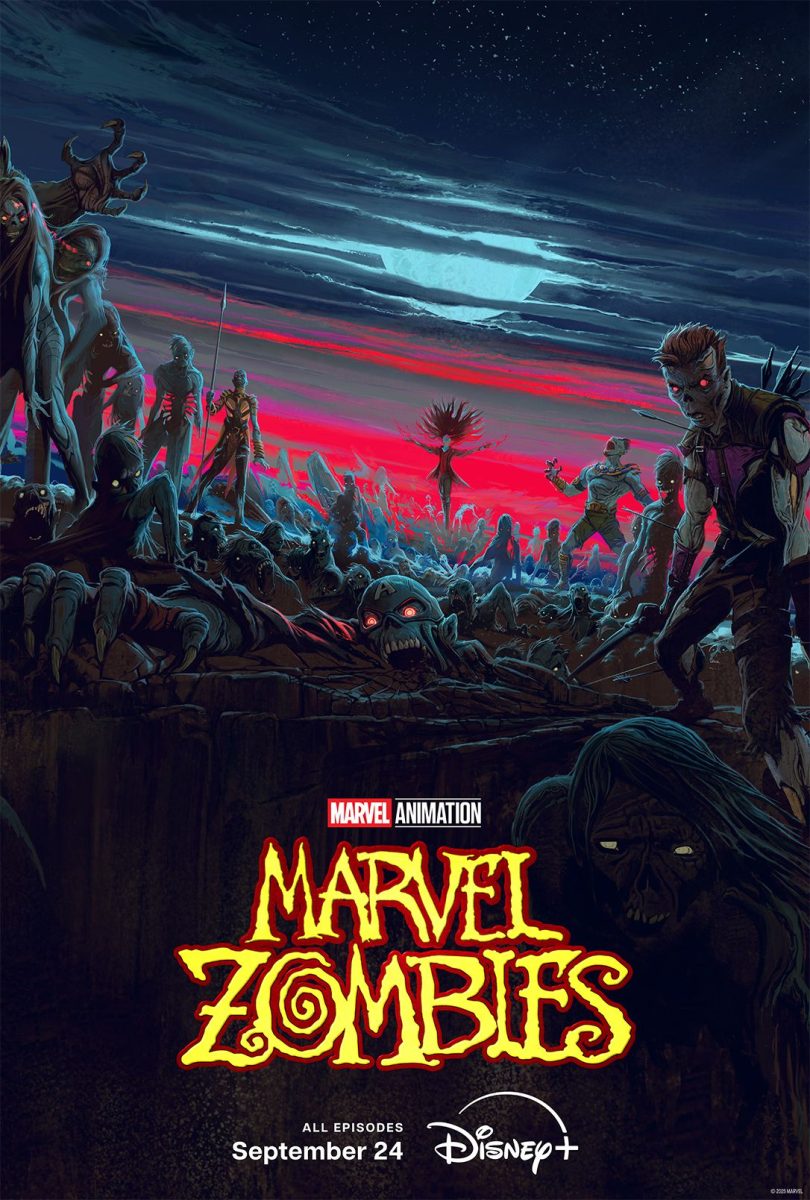




















![Playoffs Rd. 1: Coach Drengwitz on Ironmen’s 7A playoff opener at Carmel Catholic [video]](https://nchsinkspot.com/wp-content/uploads/2025/10/PW_PresserVCC_Thumb.png)
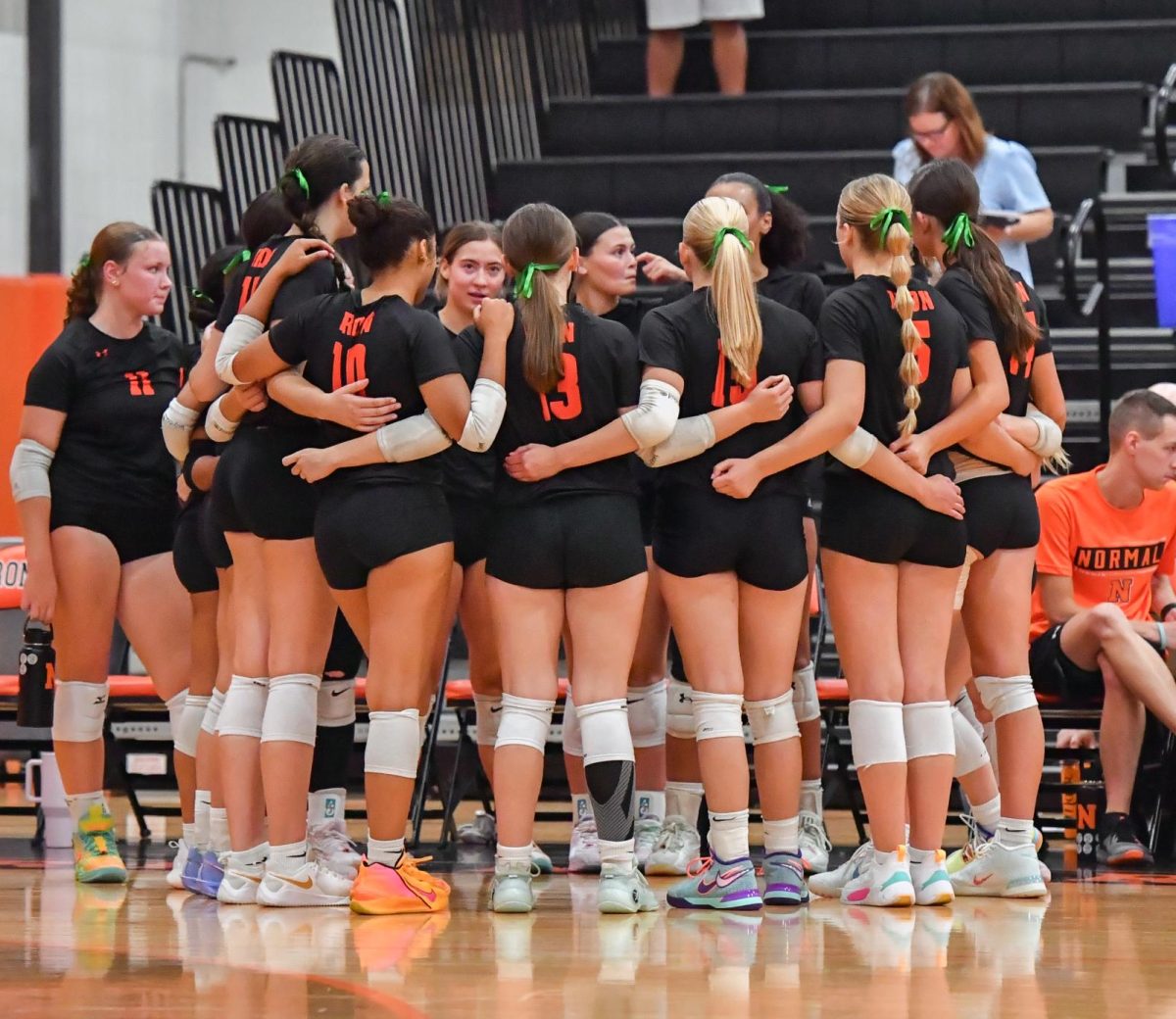

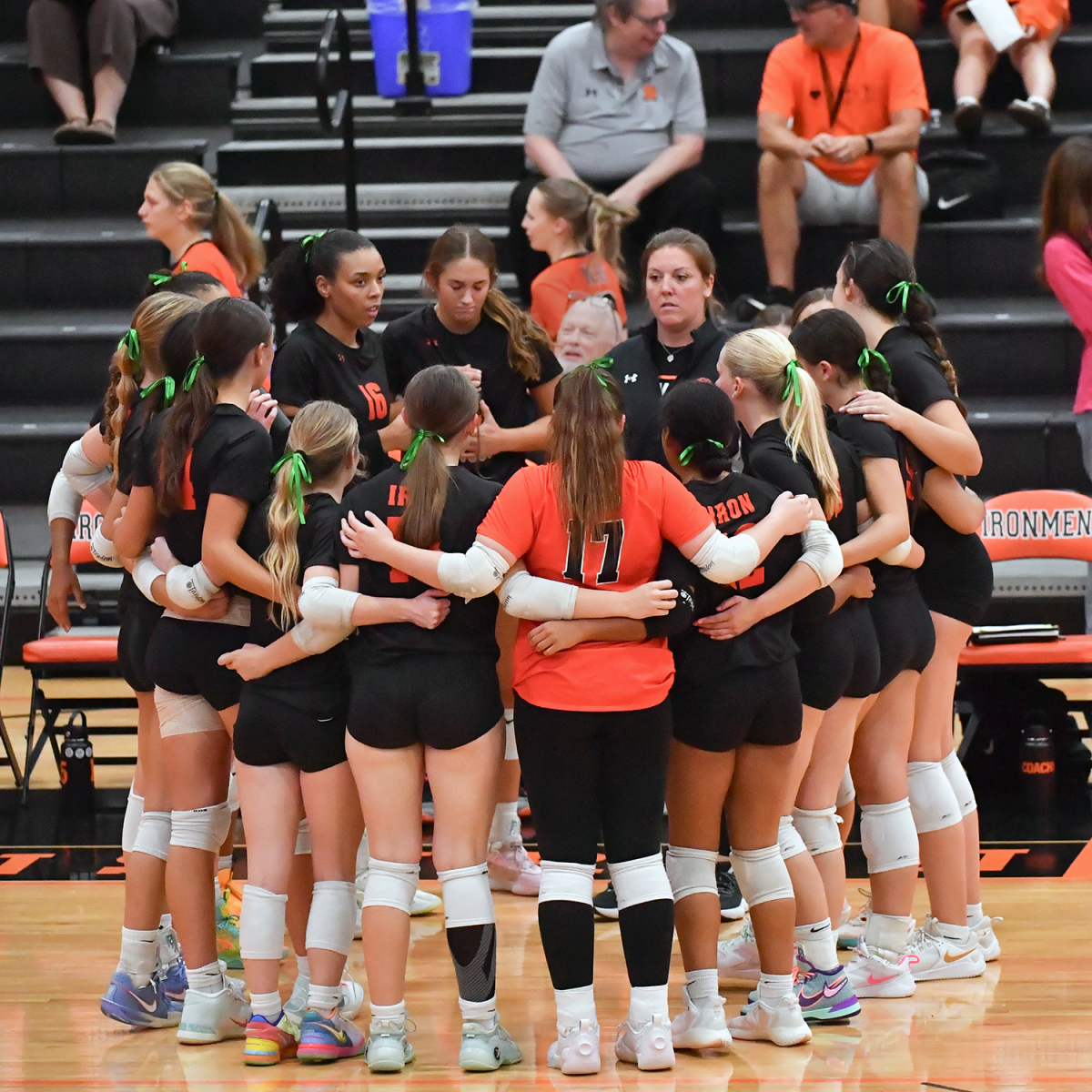







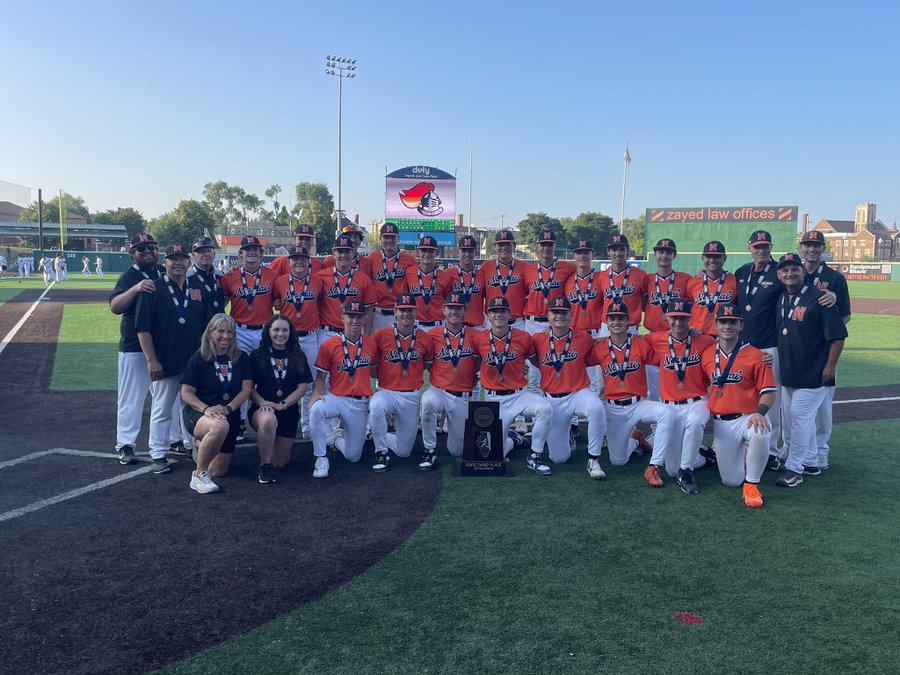








![Halloween candy cross section quiz [quiz]](https://nchsinkspot.com/wp-content/uploads/2022/10/Candy-cover-big-900x675.png)
![Average Jonah? [quiz]](https://nchsinkspot.com/wp-content/uploads/2022/05/average-jonah-900x600.png)







![[Photo Illustration]](https://nchsinkspot.com/wp-content/uploads/2025/09/trigger-words-1.png)










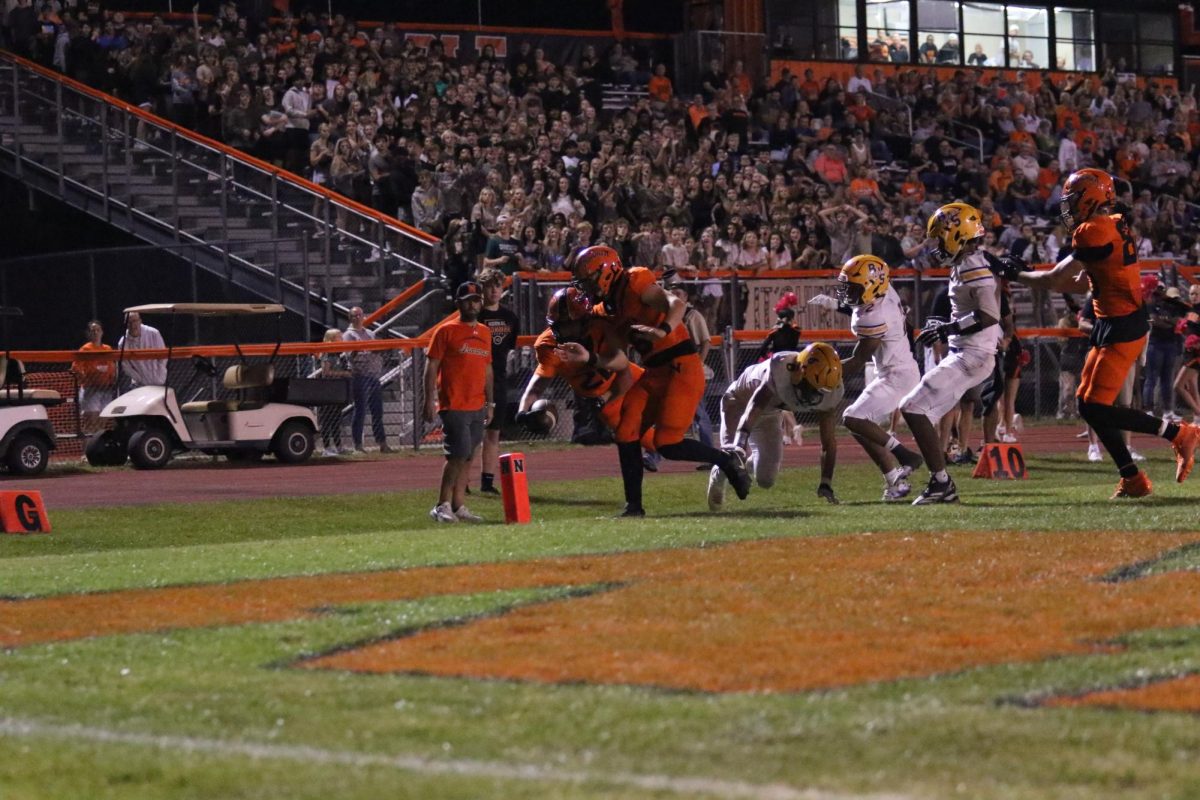
![Ironmen volleball head coach Ms. Christine Konopasek recorded her 400th career victory Oct. 21 as the Ironmen closed their regular season with a 2-0 sweep over Danville.
[Photo Illustration]](https://nchsinkspot.com/wp-content/uploads/2025/10/Vball400Thumb.png)
![Week 9: Coach Drengwitz on Week 8’s win, previewing Peoria High [video]](https://nchsinkspot.com/wp-content/uploads/2025/10/W9_PeoriaThumb.png)





![Postgame: Drengwitz on Community’s 56-6 win over Champaign Centennial; staying unbeaten in Big 12 [video]](https://nchsinkspot.com/wp-content/uploads/2025/10/10.17_FBwChampCent56-6_POST_thumb.png)

![On the Spot: This or That – Halloween [video]](https://nchsinkspot.com/wp-content/uploads/2024/10/tot-Halloween-YT-1200x675.png)
![On the Spot: This or That – Fall favorites [video]](https://nchsinkspot.com/wp-content/uploads/2024/10/ots-fall-web-1200x800.png)
![On the Spot – Teachers tested on 2023’s hottest words [video]](https://nchsinkspot.com/wp-content/uploads/2024/01/On-the-Spot-Teachers-tested-1200x675.png)








